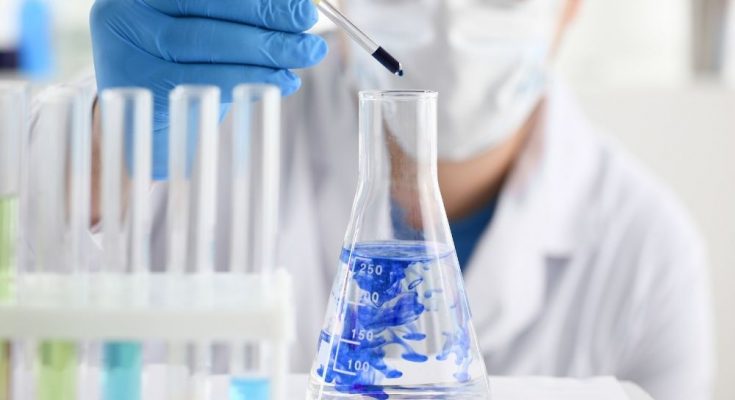Environmental questions are at the forefront of today’s societal concerns. Our world faces a wide array of ecological issues, such as air pollution, water pollution, over-consumption, and climate change. How does science fit into the puzzle? Many individuals may think chemistry is harmful to the environment. However, the scientific field strives to develop eco-friendly solutions to keep up with current events and rising concerns.
Numerous types of chemistry and functional applications exist today. Each influences society with different methodologies. Chemistry sparks solutions for modern challenges through life-changing products, medicines, and innovations. As a whole, scientific studies can provide clear-cut answers to sustainability problems. Let’s take a closer look at the impact of chemistry on the environment.
Monitoring and Minimizing Air Pollution
The protection of air quality is integral for the health of the public and the environment. Chemists play a critical role in the minimization of air pollution. These scientists and researchers help society understand the issue on a deeper level. Cleaner air is essential to living well now and in the future.
Since air is a combination of assorted particles and gases, pollutants emerge from natural and human-made sources. Understanding the chemistry of these pollutants is critical to interpret common health effects, maintain a lower level of emissions, and formulate pollution-constricting technologies. Air quality monitoring sites measure pollutant concentration data to support the advancement of solutions.
Enabling Clean Water Through Research and Approach
The most fundamental element on Earth for survival is water. The impact of chemistry on the environment relates to the maintenance of clean and readily accessible water sources. Within the chemical industry, scientists strive to assist the environmental efforts of water conservation, recycling, sanitization, and conversion.
Water chemists use specified knowledge for application. They study and evaluate at-risk ecosystems to make recommendations for strategies and regulations. Many modern chemical companies and filtration plants are stepping up to the plate to save, protect, and reuse water.
Developing Renewable Resources and Safe Products
A prevalent theme within analytical and environmental-based chemistry is reducing humanity’s reliance on non-renewable energy sources. This technical objective aims to decrease product toxicity and save natural resources. Minimizing industrial- and residential-related carbon footprints is vital, as is making beneficial use of waste.
Chemists research new sustainable methodologies, such as biofuels. Proper analysis of a chemical product’s lifecycle can impact the consumer and business markets. Chemistry is surely pivotal in the ongoing response to climate change and the betterment of society.
FAQ
How does chemistry impact air pollution?
Since air is a combination of assorted particles and gases, pollutants emerge from natural and human-made sources. Understanding the chemistry of these pollutants is critical to interpret common health effects, maintain a lower level of emissions, and formulate pollution-constricting technologies.
Additional Resources:
Belize Blue Hole
Trees
Clouds
Ocean



